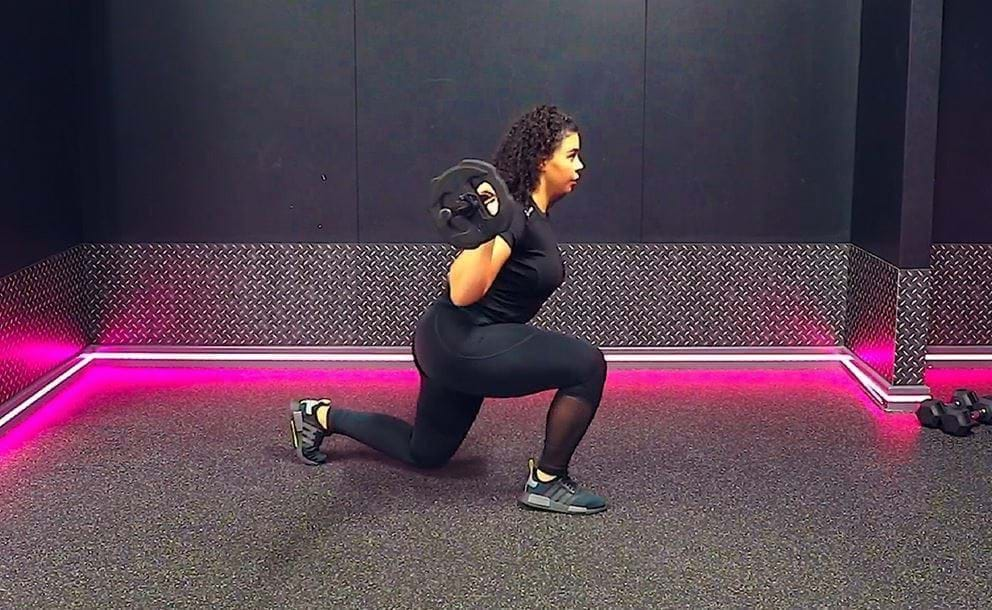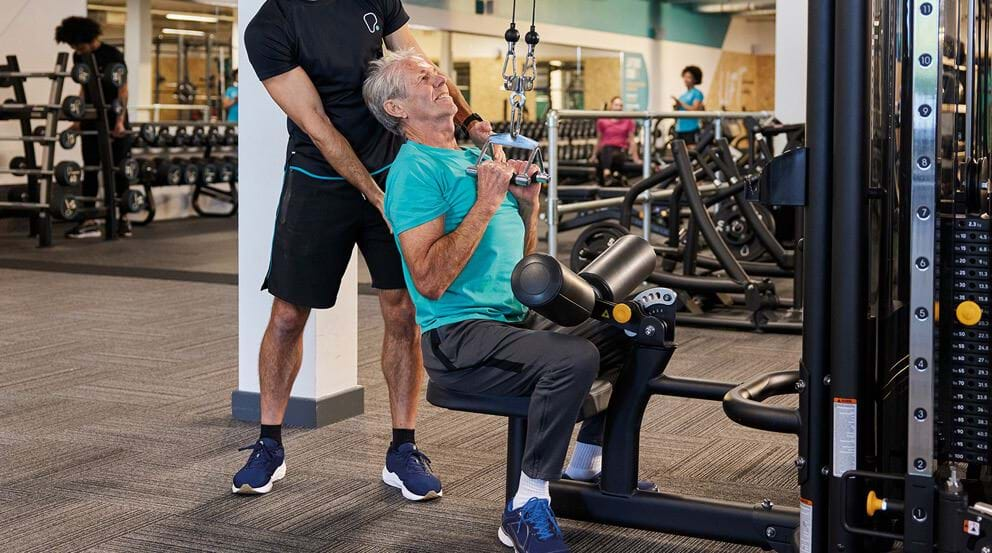How to set fitness goals

Goal setting can be a really useful tool, whether you're just starting out or an experienced gym goer. Setting yourself an aim can help to guide your focus and also help to drastically improve your chances of reaching your desired outcomes.
Here are our 5 tips to help you set your fitness goals, achieve them and enhance your skills:
Identify your overall aim
It is important to make your overall aim something that is important to you and not to others. If you don't do this, you will find your motivation lacking before you know it as your aim is not your own. Your long-term goal will turn into a great motivator and help give you direction with your training. For example, you might set a target of running a 5k or another performance-based goal such as achieving a press up.
Figure out how to achieve your aim
Once you have your main aim you need to figure out how to reach it. Everyone's goals are different and will require a different approach. As an example, if you want to be more active, you could think about going for a walk first thing in the morning before starting work. Simple tricks like this go a long way to making a difference and it is important that you work out how you will achieve these goals around your current lifestyle. Failing to consider your lifestyle in the planning stage will create further barriers along the way.
Set specific, smaller goals to help
Setting smaller goals along the way will help keep motivation levels high, making you more likely to reach the ultimate aim. If you are unsure on how to attain your overall goal or how it would be best to approach it, don't be afraid to ask for help. A personal trainer can be a great way to kickstart your journey. It's important to remember that short term goals will help you stay on track towards reaching your overall aim.
Monitor your progress regularly
Setting smaller goals is only worthwhile if you are monitoring your progress on a regular basis. Write down the weights you lift and repetitions for each exercise, so you know where you are at each week and remain focused. If you choose not to monitor your progress then you are far more likely to focus on your failures, whereas if you have your progress tracked you will be able to see all the positive impacts you have made.
Adapt to changing circumstances
Remember it is important to be flexible. Unless you are in a career where you have access to the gym all day, then it is more than likely that life will interrupt your schedule at some point along the way. Adapt to the change and think on your feet, as you can always continue making progress. Just remember your goals don't always have to be set for a really specific time. The important thing is to keep your goals in mind as it will help retain your focus and increase the likelihood of achieving them.
Don't be too hard on yourself
Your overall aim is not going to happen overnight, it's important to remember this is a long-term goal. There will be days that you find tough and don't want to go, but if you can go and do something you will not only feel better for it, you will feel less guilty in the long run. Don't give up, keep setting smaller goals and believe in your own ability. Looking back on where you were when you just started can be a way to help you remember and realise just how far you've come during periods you feel like you're not progressing.


